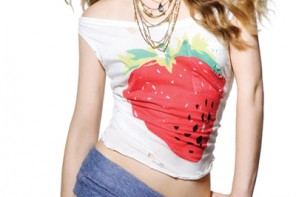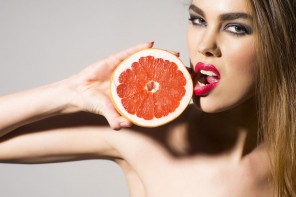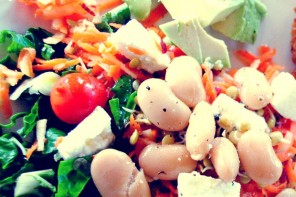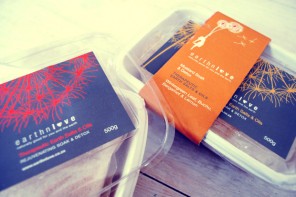It’s delicious in tea or on warm toast and it has been said to be good for your immunity. But just how eco-friendly is honey?
Types of honey
- Certified organic honey. In this honey production, organic beekeepers sustain bee life by safeguarding their natural habitats. Sadly, this honey is not always easy to find because so many beekeepers still use things like sulphur compounds and calcium cyanide to control bee diseases and kill colonies before extracting honey.
- Raw honey contains amino acids, vitamins and enzymes. It is pure and sometimes still contains pollen. It’s healthy to consume natural enzymes because they prevent the body from having to produce its own.
- Ultra-filtered honey is heated and processed to remove all pollen grains and other unwanted residue. It does not crystallise easily and has a longer shelf life. But the process destroys some nutritional qualities from the honey, so it’s not a healthy or green choice.
Be sweet to the environment
For eco-conscious sweetness, your best bet is to buy ‘badger-friendly’ honey. Most honey produced in SA is now ‘badger-friendly’ but always check the label to be sure. In the past beekeepers have used lethal trapping methods such as poison to kill honey badgers who raided beehives, which led to an increase in badger killings. By being ‘badger-friendly’ bee producers have to adhere to certain practices that keep the badgers safe, such as elevating beehives beyond badgers’ reach.
Eco uses of honey
Did you know?
- Honey that is dark in colour contains antioxidants which help fight cell damage, lowering one’s risk of illnesses such as cancer and heart disease.
- Honey can be used to treat swelling, wounds and prevent scarring. If you have a sore throat, enjoy hot water with lemon and honey to soothe it.
- Honey is used in cosmetics and skincare for its healing properties. You can find it in natural soap bars and moisturisers.
Why some vegans don’t eat honey
Some vegans avoid eating honey because veganism is not just about avoiding animal products but rather it’s a lifestyle focused on preventing the exploitation of, and cruelty to, animals. Taking honey from beehives often includes manipulation and exploitation of the hives that bees want to protect. Further aggravating this situation are issues such as the lowering of bee numbers. This is distressing for us, not just the bees, if you think of what authors Alison Benjamin and Brian McCallum wrote in their book A World Without Bees: ‘A third of all that we eat, and much of what we wear, relies on pollination by honeybees.’









